Harold Brighouse’s Hobson’s Choice: A Lancashire Comedy in Four Acts takes its title from a proverbialA well-known expression, originally from a proverb — a story with a moral. way of saying no choice at all. It is a play about a man whose attempts to control everything leave him totally powerless. First staged in 1915, it tells the story of Henry Hobson. Hobson is a comfortably off shoemaker and the patriarchMale authority figure. of a family of daughters in SalfordA city and area within Greater Manchester in northern England. in the 1880s. He drinks too much and borders on the abusive in his treatment of his family. When Maggie, his eldest daughter, falls in love with his employee, Willie Mossop, Hobson refuses to give their marriage his blessing, because of his snobbery about Willie’s humble origins. Losing both his daughter and his best shoemaker, his business soon slides into ruin as theirs blossoms. As we see Maggie help Willie climb the ladder of success, Hobson falls down. His other daughters sue him to provide the money they need to get married. As his fortunes worsen, he throws himself on the charity of his daughters and ends up alienating them all even further. Finally he has no choice but to accept an offer from Willie. Willie buys his business, leaving him with no control over his shop, and his former assistant’s name before his on the sign.
Hobson’s Choice

Glossary
Proverbial - A well-known expression, originally from a proverb — a story with a moral.
Patriarch - Male authority figure.
Salford - A city and area within Greater Manchester in northern England.
Workhouse - An institution where those unable to support themselves financially were housed and forced to work. Lambeth Workhouse, which Chaplin visited on several occasions, is now London's Cinema Museum.
Alcoholism - Alcohol addiction.
Anarchic - Linked to anarchy, a situation in which there are no rulers.
